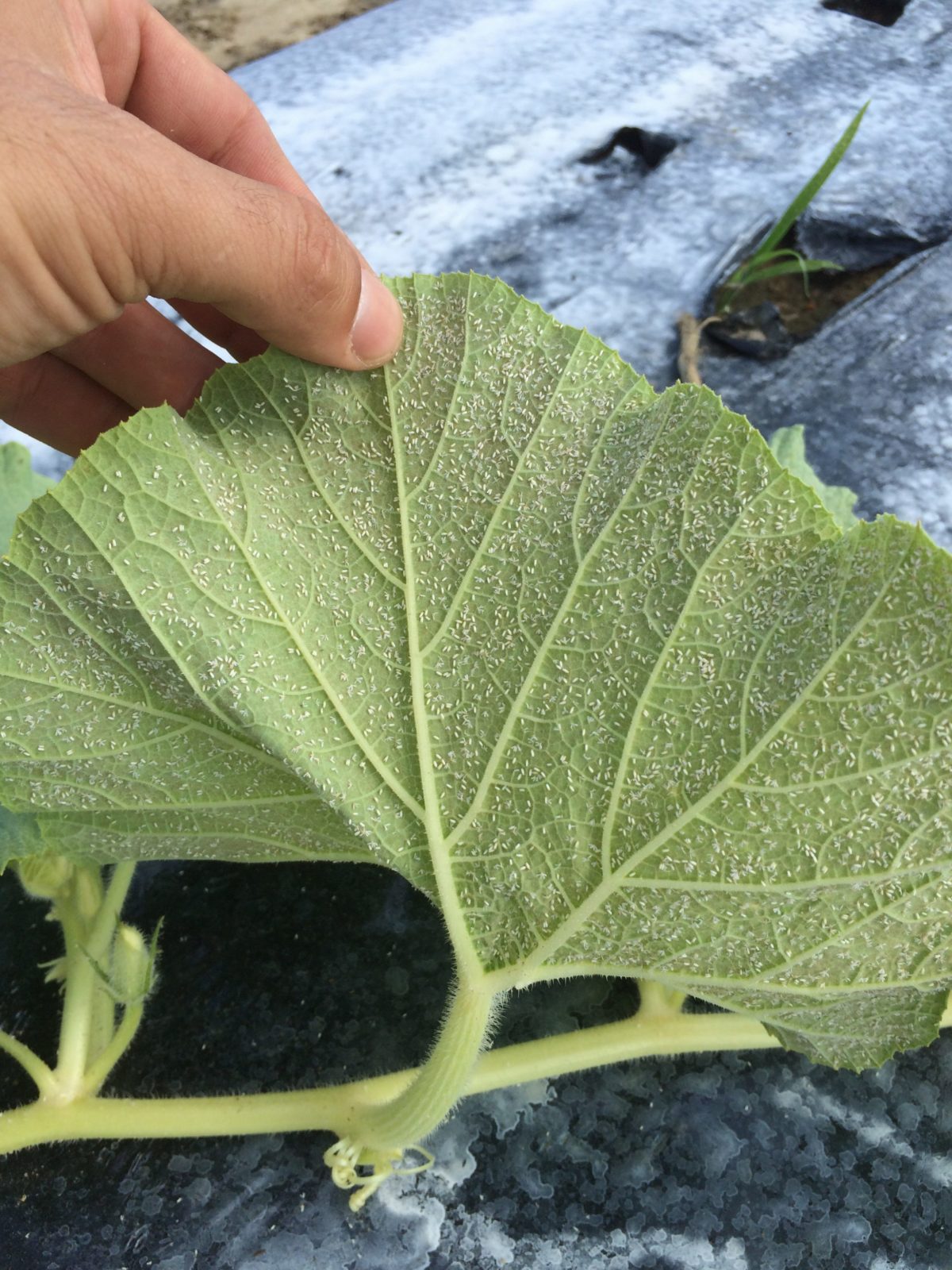According to this week’s edition of The South Carolina Grower, Clemson Extension agents responded how different crops are progressing this production season. Coastal Zack Snipes reports, “It’s the time of year when crops are starting to look ugly. We are in the middle of tomato harvest and it seems to be a pretty good crop this year. Bacterial spot is …
Blueberry Farmer: It Was Really Like Salt in the Wound
Florida Producer Sounds Off on Lack of Category 1 Status in CFAP By Clint Thompson While the blueberry industry was surprised as to how it was not eligible for Category 1 status in the Coronavirus Food Assistance Program (CFAP), one Florida grower remains equally as dumbfounded. “I was shocked when it came out. I was literally like, jaw on the …
Was Your Crop Not Eligible for the Coronavirus Food Assistance Program?
United States Department of Agriculture Was your crop not eligible for the Coronavirus Food Assistance Program (CFAP), or COVID-19? There is still a chance to try to get that crop on the list of eligible commodities. (Stephanie Ho and Latrice Hill, FSA Director of Outreach) Sponsored ContentNew Syngenta Varieties Offer Grower SolutionsFebruary 1, 2026Attribute® II Technology Adds More Flexibility and …
Farmers Need CFAP Funds as Quickly as Possible
By Clint Thompson U.S. Secretary of Ag Sonny Perdue understands the quick turnaround needed for farmers looking to benefit from the Coronavirus Food Assistance Program (CFAP). Especially for those producers in Florida. Some are already thinking about next season and need CFAP funds in place to proceed accordingly. “Cash flow’s critical. When this food service industry stopped, it just stopped. …
Exposure Risk Among Agriculture Workers and Employers
Rick Zapata/Alabama Extension News No evidence indicates that livestock, crops, or products handled by workers involved in production agriculture are sources of COVID-19 infection. However, close contact with coworkers may contribute to spreading the virus. The Centers for Disease Control and Prevention (CDC) and the US Department of Labor have provided guidance and recommendations for agriculture owners and operators. Agriculture …
UGA Entomologist: Potential Is There for Whitefly Outbreak
By Clint Thompson It is too early to say if this year’s whitefly impact on vegetables and cotton will rival 2017. But University of Georgia (UGA) Cooperative Extension vegetable entomologist Stormy Sparks insists the potential is there. Sparks estimates that the whitefly population is about the same as a month ago. There have been some reports of populations existing primarily …
Perdue Comments on Farmers Competing With Mexican Produce
By Clint Thompson Today’s talk with U.S. Secretary of Ag Sonny Perdue focuses on imports of Mexican produce. It’s been a concern for farmers who are trying to compete against Mexico. It was especially concerning this year as growers, especially in the Southeast, also had to overcome challenges with the coronavirus pandemic. For other testimonials of unfair competition with Mexico, …
CFAP Payments Already Being Issued
By Clint Thompson Coronavirus Food Assistance Program (CFAP) payments are already starting to be issued across the country to farmers impacted by COVID-19. Some specialty crop growers in the Southeast have already started receiving funds. As of June 8, in Florida, 95 specialty crop applications have been submitted with $11.5 million in payments issued by the USDA. In Georgia, 91 …
Secretary Perdue Discusses CFAP
Farmers are currently submitting applications for the Coronavirus Food Assistance Program (CFAP). In some instances, checks have already been issued to producers impacted by COVID-19. U.S. Secretary of Agriculture Sonny Perdue talked about CFAP with Clint Thompson, multimedia journalist with AgNet Media. In particular, he discussed the cap placed on the payments issued to each eligible grower. For more information …
Secretary Perdue: Farmers to Families Food Box Program a Win For All Involved
United States Secretary of Agriculture Sonny Perdue was in Lakeland, Fla. on Monday. He attended a farmers to families food box event. It’s a new program that the United States Department of Agriculture launched to purchase $3 billion in excess food from farmers and distribute to families in need. He talked about the program with Clint Thompson, multimedia journalist with …











